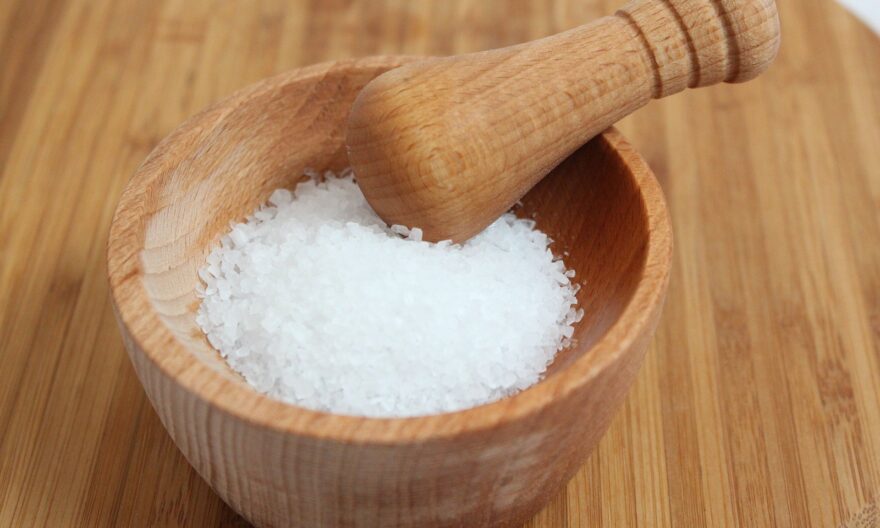
Salt is known to increase the risk of certain diseases. But is switching to a low-sodium alternative beneficial? According to a recent study, it could be.
The new study, which was carried out by the European Society of Cardiology, found that a simple switch in diet could benefit people’s heart health in the long term.
There’s evidence that swapping salt for a low-sodium alternative could be an effective way of lowering the risk of strokes for those with a history of heart problems or high blood pressure.
Positive results found by researchers
The Salt Substitute and Stroke Study (SSaSS) included 20,000 participants between 2014 and 2015. The researchers analyzed the data of these participants, who were all struggling to maintain healthy blood pressure or had experienced a stroke previously.
For the study, the participants were split into two groups: one used a salt substitute and the other continued with their normal diets as they usually would.
Then, the health of the participants was evaluated over a five-year period. This included mortality rates, potassium levels, and cardiovascular events like strokes.
They found that the risk of cardiovascular events or death was lower for those using a salt substitute and those participants experienced better heart health overall.
One researcher said, “This study provides clear evidence about an intervention that could be taken up very quickly at low cost.”
“A recent modeling study done for China projected that 365,000 strokes and 461,000 premature deaths could be avoided each year in China if salt substitutes were proved to be effective.”
Low-sodium alternatives
For anyone wanting to swap salt for a low-sodium alternative, the researchers point out that these are available at a low cost, which is good news for those on lower incomes.
It was noted that “salt substitute is very easy to manufacture and it is not expensive. A kilo of regular salt, which lasts for months, costs about $1.08 in China.”
“The price for a kilo of salt substitute is $1.62/kg. It is primarily lower-income and more disadvantaged populations that add large amounts of salt during food preparation and cooking.”
“This means that salt substitute has the potential to reduce health inequalities related to cardiovascular disease.”



